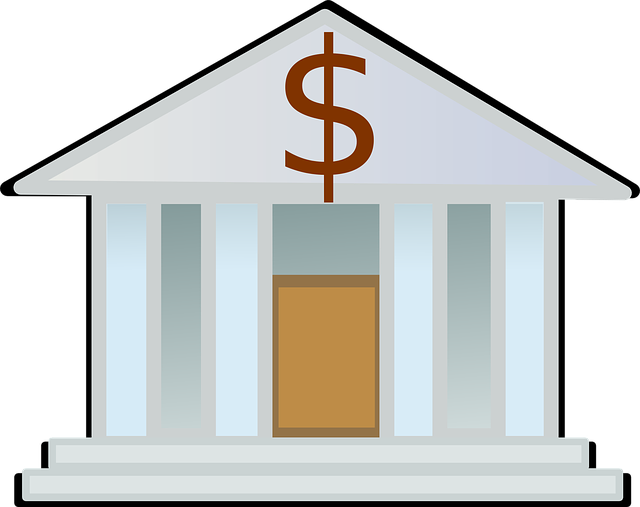Social Media, TikTok, and the Global Economy: Trends and Challenges
- Brennan Norman
- 0 comment
- September 9, 2023

TikTok, a platform that allows users to create and share short videos set to music, has not only transformed the way we consume entertainment but has also exerted a significant influence on modern businesses. TikTok Views has become synonymous with the rapid rise of short-form video content on social media platforms (See Famoid if you are looking for TikTok views for your business). In this article, we delve into the broader economic implications of social media platforms like TikTok, examining their role in globalization, trade, and financial markets. We will explore both the positive and negative aspects of this digital phenomenon.
TikTok’s Meteoric Rise
TikTok, owned by Chinese tech company ByteDance, burst onto the global stage in 2016 and quickly gained immense popularity. With its user-friendly interface and algorithm-driven content recommendations, the platform successfully captured the attention of a diverse user base. TikTok’s primary draw is its ability to turn ordinary individuals into content creators, enabling them to amass followers and, crucially, TikTok Views at an astonishing rate.
The Positive Impact on Businesses
TikTok has proven to be a game-changer for businesses, both big and small. Through innovative advertising campaigns and collaborations with TikTok influencers, companies have found a goldmine for marketing their products and services. TikTok Views, often in the millions, provide unparalleled exposure to potential customers.
This newfound avenue for advertising has not only boosted sales but has also led to the rise of micro-entrepreneurs who leverage the platform to sell niche products. TikTok’s algorithm identifies users’ interests and presents them with content that aligns with their preferences, making it an ideal platform for targeted marketing.
Globalization and Trade
One of TikTok’s most remarkable contributions to the global economy is its role in promoting globalization and facilitating cross-border trade. Content creators on TikTok often collaborate with individuals from different corners of the world, breaking down geographical barriers and fostering cultural exchange.
Moreover, TikTok has become a powerful tool for international trade. Small businesses can showcase their unique products to a global audience, leading to increased export opportunities. The platform’s impact is particularly pronounced in industries like fashion, where niche designers gain global recognition through viral TikTok videos.
Financial Markets and Investment
The influence of social media platforms, including TikTok, on financial markets cannot be underestimated. TikTok has created a new breed of influencers known as “finfluencers,” who offer financial advice, stock tips, and investment strategies to their followers. These individuals, with their TikTok Views reaching millions, can sway market sentiment and stock prices with their recommendations.
However, the rapid dissemination of financial information on TikTok also poses risks. Misleading advice and unverified claims can lead to market volatility and financial losses. Regulators are increasingly monitoring the platform to ensure that users receive accurate financial information.
Challenges and Concerns
While TikTok’s impact on the global economy is undeniable, it is not without its challenges and concerns. One of the primary concerns is data security. TikTok has faced scrutiny in several countries over its data collection practices, leading to bans and regulatory restrictions in some cases.
Additionally, the addictive nature of TikTok and other social media platforms has raised concerns about mental health and productivity. Excessive time spent on these platforms can negatively affect users’ well-being and work performance.
READ ALSO: Finance: Crypto On Metamask As An Enticing Investment
Conclusion
In conclusion, TikTok Views have become a symbol of the digital age, representing the global reach and economic impact of social media platforms. TikTok’s ability to boost businesses, promote globalization, and influence financial markets cannot be overstated. However, it is essential to address the challenges and concerns associated with this digital phenomenon to ensure a balanced and sustainable future for the global economy in the age of TikTok.




